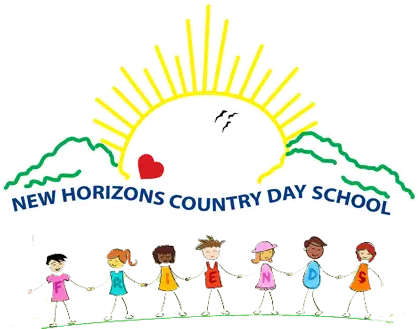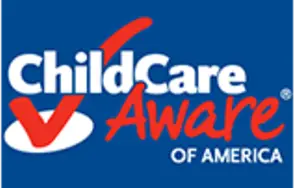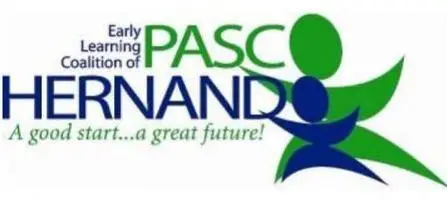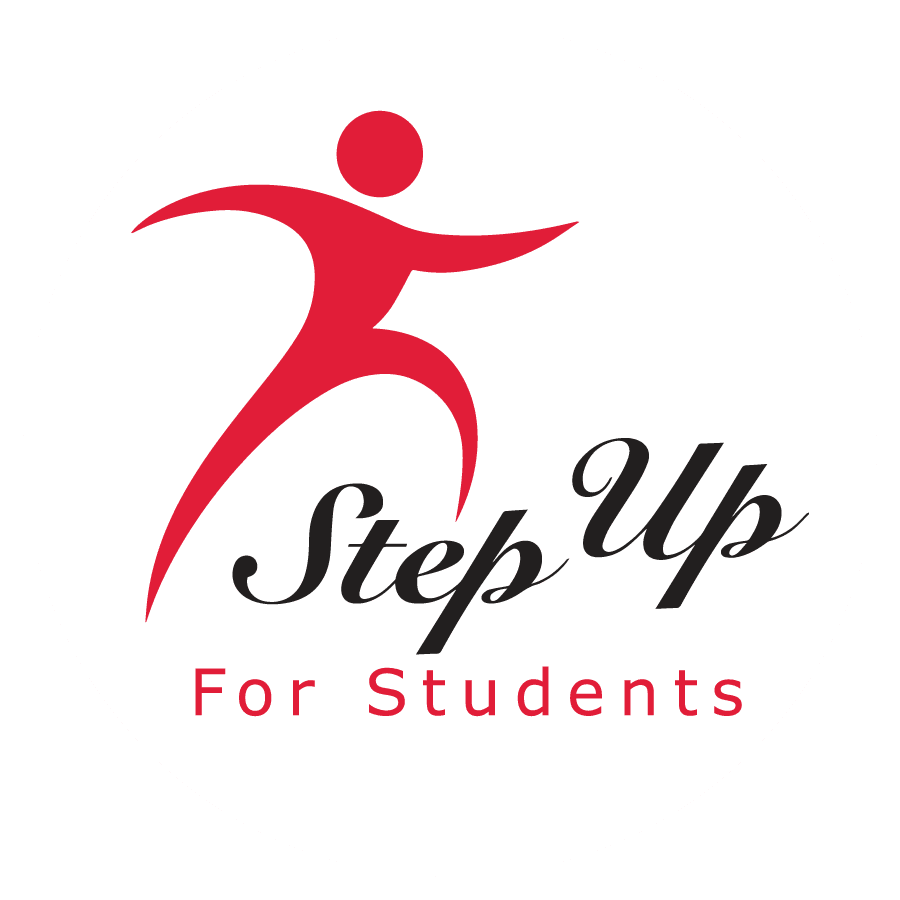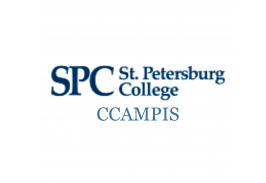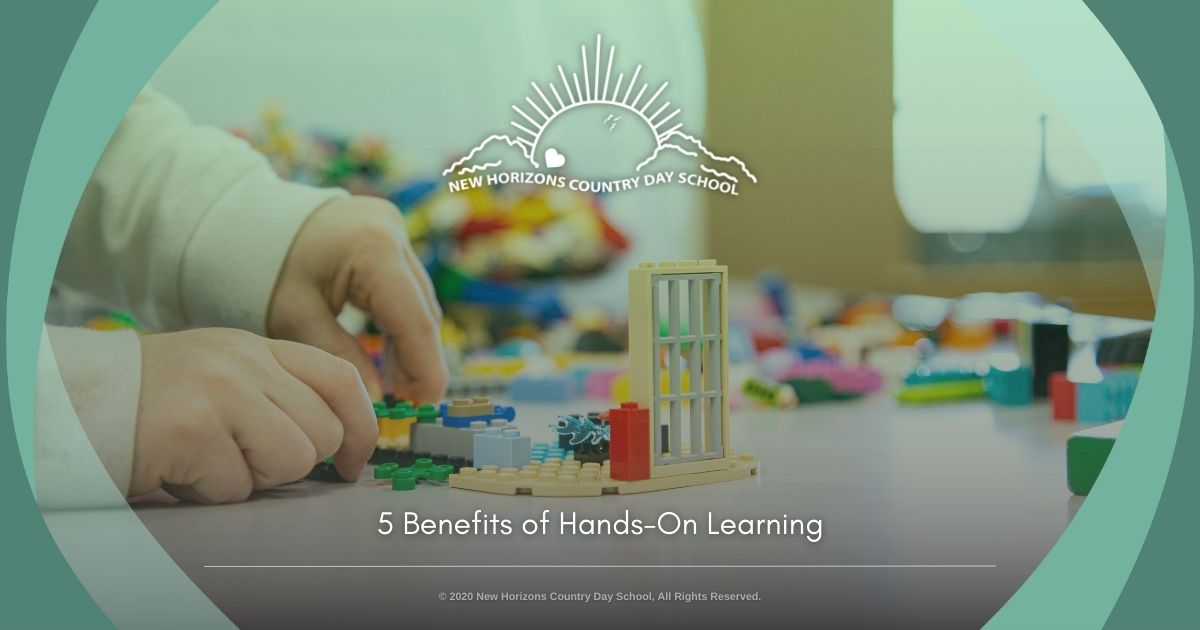
When most people imagine a preschool classroom, they probably don’t picture rows of desks with students listening to a teacher’s lecture. The idea of this may seem silly–and for good reason. Preschool-aged children learn best through experience. They benefit from learning in an enriching environment that encourages lots of hands-on experiences and interactive play.
But why is hands-on learning so essential to young children? Starting at a very young age, babies and children begin to explore the world around them. Although infants and toddlers may not have begun to speak, their brains are making meaningful connections that help them understand the world around them and their place in it. They use their sense of taste, sight, hearing, and touch to learn long before they can speak or understand complex concepts.
Kids of all ages benefit from hands-on learning, but it is especially important during the earliest years of a child’s life. Learn more about why hands-on learning is essential by reaching out to the caring educators at New Horizons Private School now.
What is Hands-On Learning?
Hands-on learning simply means learning by doing. Hands-on learning activities give kids the opportunity to explore and learn by being active. Some great examples of hands-on learning include:
- Playing with play-dough, sand, or slime
- Water play
- Playing simple instruments
- Building with Legos or blocks
- Making patterns with shapes, beads, blocks, or other manipulatives
- Planting seeds
- Building forts
- Making crafts
- Playing with magnets and metal objects
- Cooking or baking
This list barely scratches the surface of what is possible when you embrace hands-on learning. Hands-on learning is the natural way for young children to learn. It can sometimes be messy and loud–but that just means kids are learning.
5 Benefits of Hands-On Learning
Kids are eager to explore the world around them, and hands-on learning experiences are a fun way to let them learn in the way that comes naturally. Here are five of the most important benefits of hands-on learning in the early years.
Better fine motor skills
When kids begin Kindergarten, they will spend a lot of time writing, cutting with scissors, turning the pages of books, and other tasks that require a lot of hand strength and dexterity. Children are often expected to be able to open snack packages and milk cartons, zip up coats, and tie shoes independently–and all these tasks require good fine motor control.
Some hands-on learning activities that promote excellent fine motor skills include:
- Painting with brushes or Q-tips
- Building with Legos
- Playing with playdough
- Putting together snap beads
- Coloring with crayons, markers, and colored pencils
- Stringing beads
Hands-on learning activities can help children develop better fine motor skills, letting them begin kindergarten with stamina and confidence.
Improved problem-solving
Learning by doing comes naturally to preschool-aged kids and helps them develop critical thinking skills that can be difficult to get without hands-on experiences. Children get to explore and test new ideas while discovering the best way to do things.
For example, a teacher could explain why a sturdy base is important when building a tall tower. Or, children could use trial and error when building with blocks to discover and retain this knowledge on their own. Research has shown that hands-on learning experiences result in better information retention, allowing children to solve problems more efficiently.
More confidence
Kids get a big boost of confidence when they learn or discover something independently. They also feel more confident approaching new tasks when they have a solid foundation to build on.
Hands-on learning activities let kids experiment, test their ideas, and discover new information while having fun. They learn that they have control over what and how they learn–and this can lead to more self-confidence.
Fosters independence
The confidence and skills young children get from hands-on learning experiences can translate into more independence in everyday life. For example, children with good fine motor skills can often dress and feed themselves more independently. Hands-on learning often involves physical activities that can boost body awareness, coordination, and strength–and these can make kids feel more confident when approaching other novel situations.
Developmentally appropriate learning
Young children absorb information more effectively when it’s presented in a developmentally appropriate way. Let’s imagine you want to teach preschool-aged children about gravity. You can explain the concept of gravity over and over again, and children may eventually be able to parrot your explanation back to you.
Repetition is one way to learn–but it isn’t the best for preschool-aged kids. Instead, young kids may explore the concept of gravity by dropping items and noticing how the shape and weight of an object affect how fast it falls.
Hands-on learning allows children to explore broad or complex topics in a developmentally appropriate way. They develop a strong foundation that will enable them to build on concepts throughout their education.
Learn More About the Benefits of Hands-On Learning
Every parent wants the best for their children. Research shows that hands-on learning is not only best for little learners–but it’s also so much fun. Schedule a tour to see hands-on learning in action at New Horizons Country Day School and meet our outstanding teachers. We’d love to welcome you to our school community.
